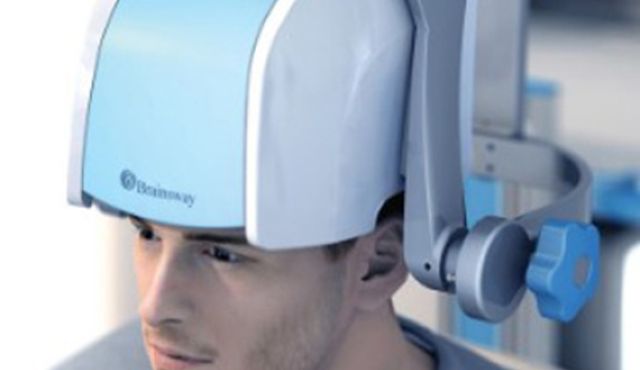This article was first published on The Times of Israel and was re-posted with permission.
A machine that pulses deep regions of the brain with magnetic current may help heavy smokers quit the habit, an Israeli study shows.
In the study, which experts say is the most rigorous test of the technology to date, 44 percent of a group of heavy smokers who had failed to quit using other methods were finally able to stop after a few weeks of treatment. One third of the smokers who were treated had still not lit up six months later. It may not sound like a high success rate, but failure rates of other anti-smoking methods can reach about 90 percent.
The magnetic current method stimulates regions of the brain that are central to addiction, using a specially designed helmet. It’s is able to turn the brain regions’ electrical activity up or down – apparently making quitting easier.
SEE ALSO: Beyond The Ice Bucket Challenge: Israel’s ‘NurOwn’ May Become The First Real Treatment For ALS
“We appear to have changed the electrical activity of brain networks in ways that helped people to quit smoking,” said Prof. Abraham Zangen, a brain scientist at Ben-Gurion University of the Negev, who helped invent the machine and led the prospective double-blind cohort study. “Heavy smokers who failed previous attempts to stop smoking with medications, with nicotine patches, with psychotherapy – they made it.”
Based on the results of the study, published in the journal Biological Psychiatry in July, the US Food and Drug Administration is now testing the machine for approval.
To continue reading this article on the TOI site, click here.
Related posts

Israeli Medical Technologies That Could Change The World

Harnessing Our Own Bodies For Side Effect-Free Weight Loss

Missing Protein Could Unlock Treatment For Aggressive Lung Cancer





Facebook comments